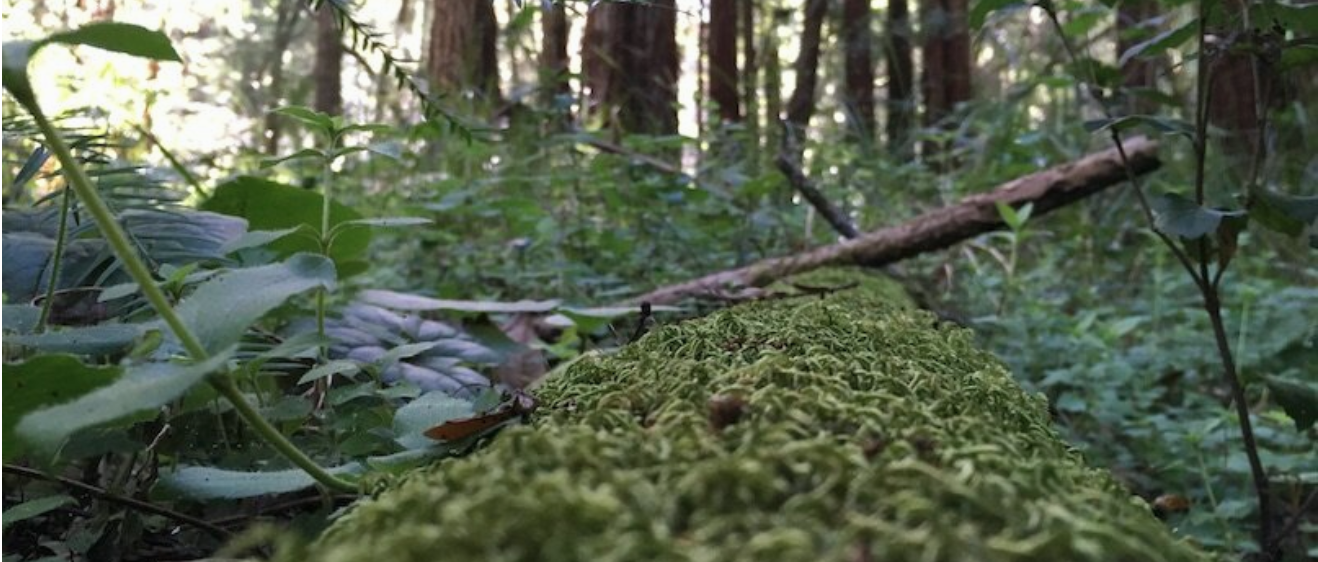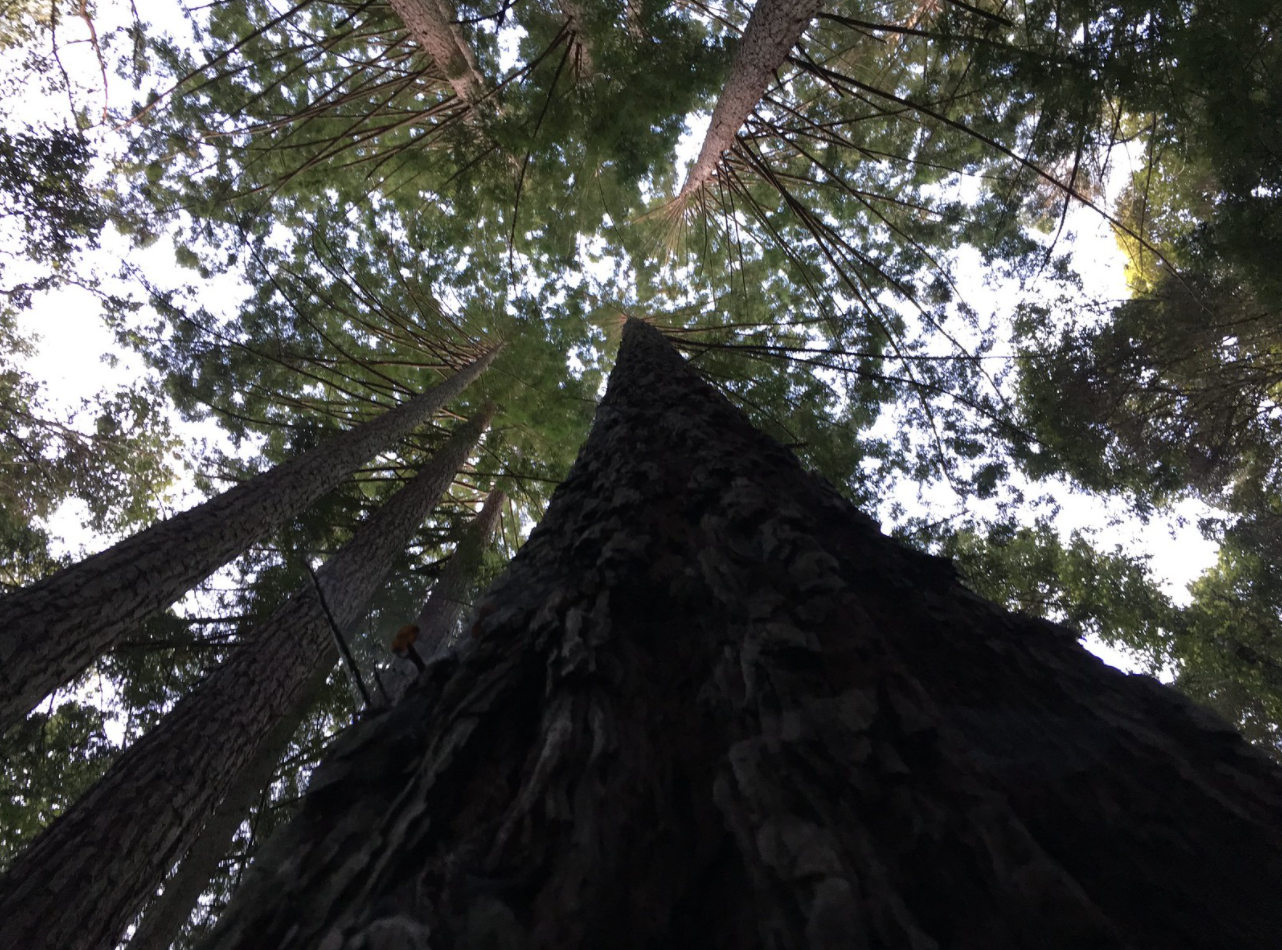Meet the Farmer & Learn About the Farm
-
Cristina McCutcheon
Relationships are at the center of the work that I do -- my relationship with the land, relationships with the flowers, with my community, and with customers. Every floral arrangement I make is a reflection of the quality and nature of these connections.
Relationships cultivated with customers allow me to infuse the florals I design with personal details and intangible qualities that reflect something of the person who receives the flowers.
Enduring customer relationships often afford me the privilege of planning and planting with specific people in mind, the result of which can be appreciated as both a tangible and an energetic experience, in which customers know that the flowers they hold today have been nurtured for weeks, months or years not just for that moment, but for that person.
-
The Domestic Team
Over the years, our domestic animal team has consisted of Trudy the dog, two sibling pairs of cats, and various chickens, ducks, rabbits, and goats. The cats have done an admirable job of population control among the rodents, while the chickens, ducks, rabbits and goats have helped us mow grasses, clear brush, transform waste into rich compost, provided food, taught us about their complex inner lives, and kept us endlessly busy and entertained. In 2023 we had to say goodbye to our beloved Trudy, but we still feel her spirit woven into every inch of this land and the deepest places of our hearts.
The Wild Ones
This land is home to an extraordinary range of animal life, from insects and amphibians to birds and mammals. In gratitude for the roles they play in the delicate web holding the wellbeing of this land together, we are committed to working in collaboration with them, rather than competition.
We limit our use of fencing to assure that they have safe passage across the land and access to nourishment; we carefully plan our growing spaces so that there is still grass too eat, soil to dig and sun in which to rest without human disruption; we do not use factory produced chemicals in our farming endeavors, and most of all, we honor that this land is their rightful home and that all of us are connected strands of the web of life.

About This Land
-
Localife Farm sits on a south and west facing fold of the Santa Cruz Mountains originally home to the Awaswas people of the Amah Mutsun Tribal Band, who were driven from their homeland during Spanish occupation and the European colonial expansions that followed.
We consider it essential to acknowledge the painful history of this land and her original peoples, and to continually educate both our minds and hearts, believing that a bridge of collaboration can be built which will allow members of the Amah Mutsun Tribal Band to freely fulfill their vision.
We also put our money where our mouth is, contributing monthly, and additionally as we are able, to the Amah Mutsun Land Trust. We hope you will consider joining us in supporting their work, as the vision they are striving to achieve is one of health, abundance and wellbeing for all.
-
By observing closely and cultivating relationships with our surroundings, our farming methods, as well as our design aesthetic, has been shaped by the natural world.
We use flowers, foliage and unique natural elements to reflect the abundance, diversity and beauty of this mountainside and forest.
The flowers we grow are selected not only for their beauty, but for their suitability to our Mediterranean climate and their absence of aggressive reproductive tendencies. We also strive to grow multipurpose plants, capable of producing food, fodder, and medicine and suitable for air drying. We save seed and take cuttings to cultivate plants with a proven history of health and beauty in this location.
Our flowers are grown in terraced beds, hand shaped along the contours of the hillside to maximize water retention and minimize erosion. Honoring the wisdom of the forest, we choose to build up, rather than dig out, the soils in which we plant by layering organic materials and letting the subterranean wildlife perform their magic.
Rather than using pesticides, herbicides and fungicides to address challenges to plant health and weed pressure, we dedicate ourselves to understanding the real sources of these challenges, working to create harmony and restore balance. When those efforts do not succeed, our first line of defensive is the use of plant medicines grown and prepared on site.
-
Our vision for the future is to continue to learn from Nature, as well as those indigenous to this place who have cultivated a soul deep connection with this land over generations, in order to be part of the process of healing the harms done to the land by those who came before us, as well those we have caused ourselves.
We are making an effort to introduce more native plant species, which, in turn, support more native animal species. We are taking an honest (and sometimes painful) look at where we compromise what we know to be best for the land, and for the future, in favor of more immediate considerations.
Our intention is that, when that bridge of collaboration is finally built, and the vision of this land’s first people is embraced by all people, we will have contributed more that is beneficial than detrimental to that world.

Indigenous is a birth right word. No amount of time or caring changes history or substitutes for soul-deep fusion with the land. But if people do not feel "indigenous," can they nevertheless enter into deep reciprocity that renews the world?
Maybe the task assigned...is to strive to become naturalized to place, to throw off the mindset of immigrant. Being naturalized to place means to live as if this is the land that feeds you, as if these were the streams from which you drink, that build your body and fill your spirit.
To become naturalized is to know that your ancestors lie in this ground. Here you will give your gifts and meet your responsibilities. To become naturalized is to live as if your children's future matters, to take care of the land as if our lives and the lives of our relatives depend on it. Because they do.
— Robin Wall Kimmerer, “Braiding Sweetgrass”


